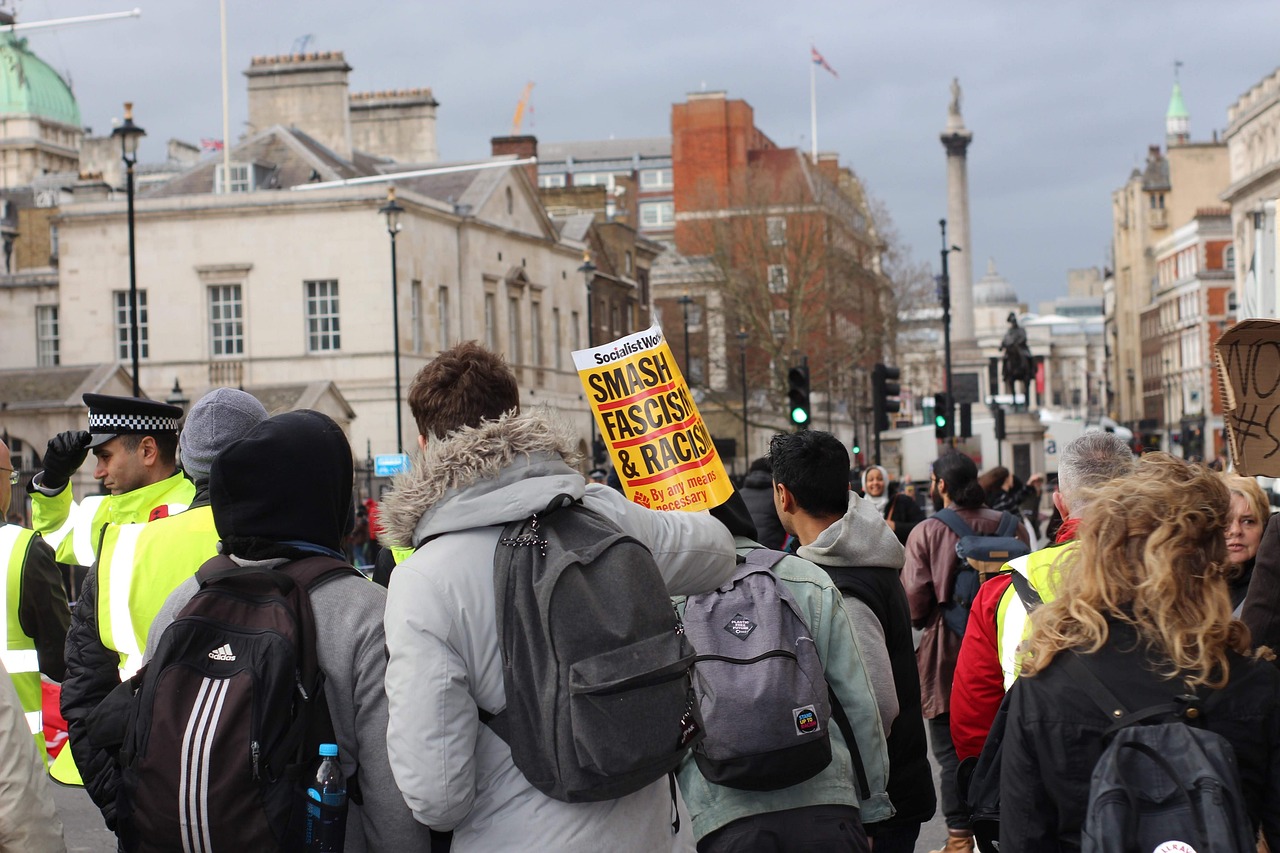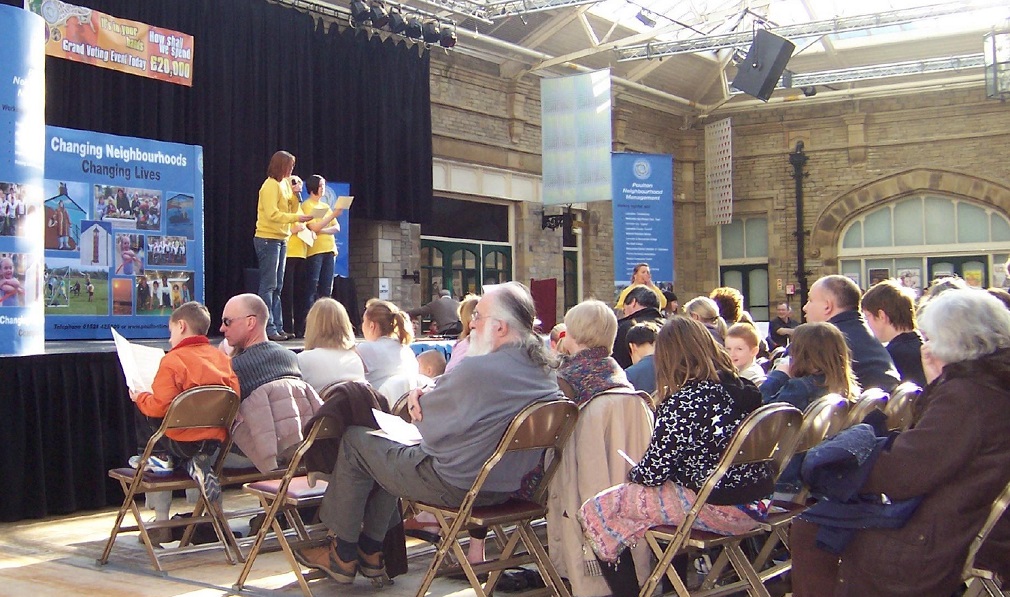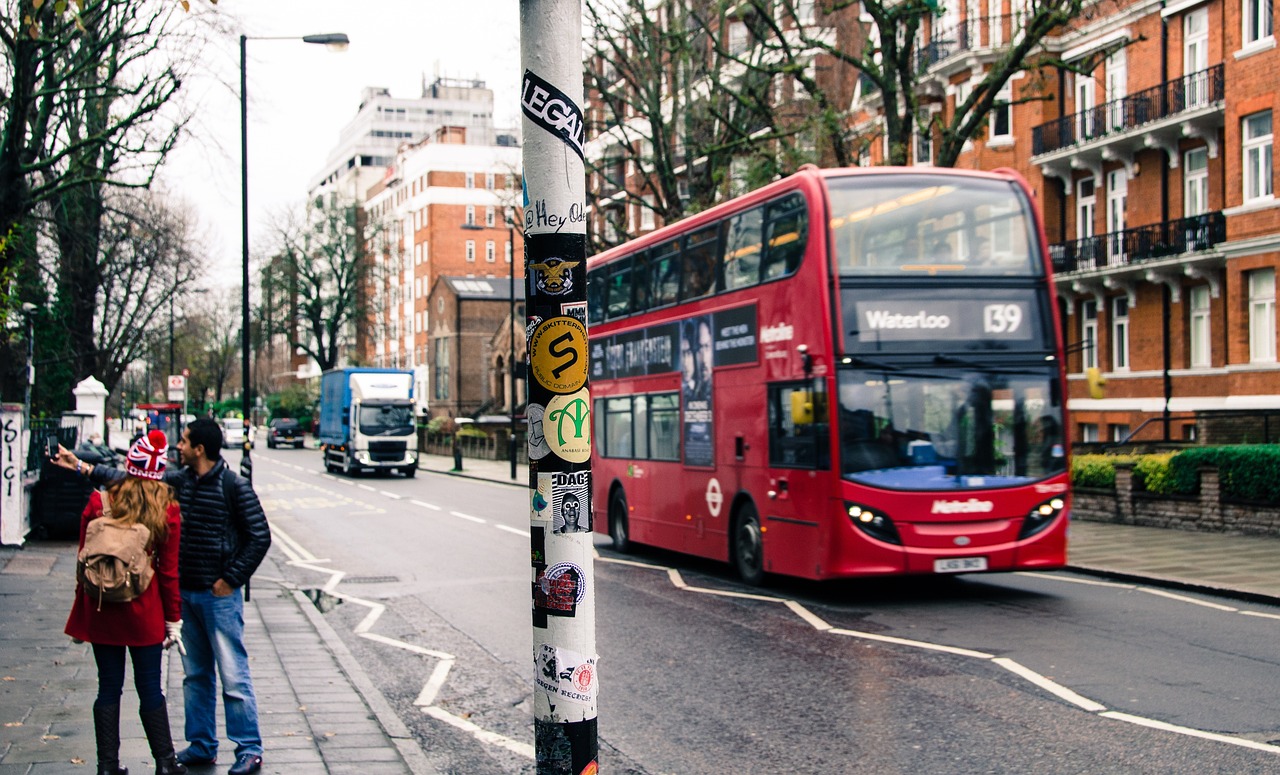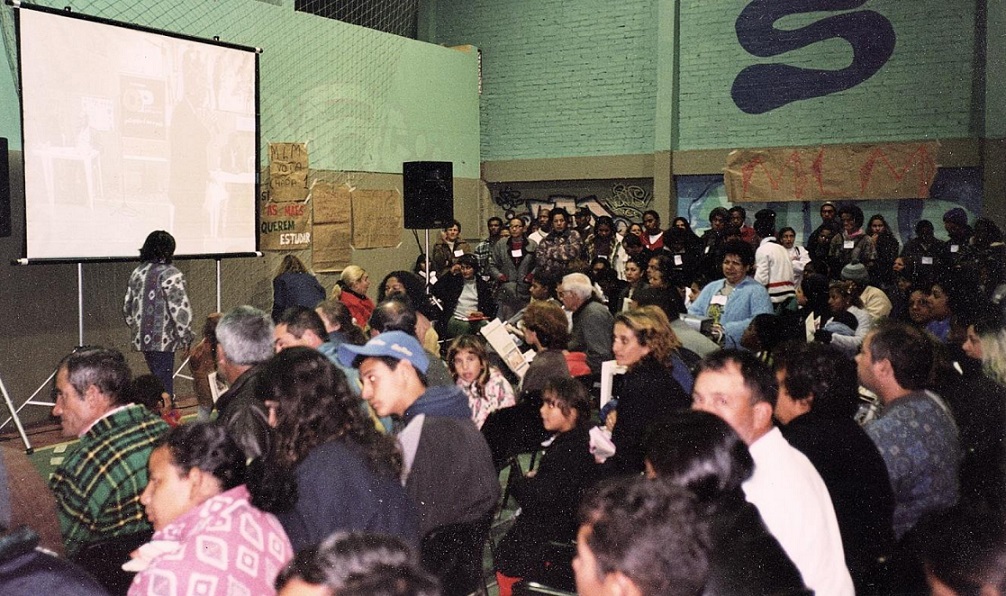Very few local councils in England allow their residents a say in how they spend their taxes. The Labour Party leadership has said nothing about a model of local democracy widely used in Europe and the Americas. Here is the history and here is how it empowers the people: the first in a 3 part The Prisma series.
 Graham Douglas
Graham Douglas
With the two main UK parties so keen to talk about ‘levelling-up’ and empowering people to make the decisions that affect their lives you might think that people having a say in how local Councils spend their taxes would be top of the agenda and a constant issue in the mainstream press.
Since neither of the main parties have shown any interest in recent years and the press only sporadically, The Prisma feels a responsibility to inform our readers about a model that is widely used across the rest of Europe, as well as in the United States and South America where it was first developed. And even within the UK, it is Scotland and Northern Ireland and to a lesser extent Wales, where the topic is debated and implemented most widely. Only England lags behind with a few notable exceptions.
Taking back control is a degraded term since it was used to feed the fantasies of the Brexit campaign, so let’s look at what it could actually mean if politicians dealt in facts and concerned themselves with the needs and sufferings of ordinary people today.
 A history lesson from Latin America
A history lesson from Latin America
A World Bank report in 2003 described the two principal benefits of PB (or Orçamento Participativo, OP in Portuguese), which began in 1989 in the Brazilian city of Porto Alegre under the leadership of the Workers Party as improved social services such as water and sewerage, and more involvement of people – especially the poorer sectors – in decision-making.
Prior to that it was recognized that despite being relatively well off in Brazil, the city faced a large and growing inequality in which 30% of the urban population were living in poverty with poor access to health and educational services. After the success in Porto Alegre, it was soon adopted elsewhere in Brazil and Latin America, and in Europe Portugal is one of the countries with the highest rate of implementation of OP (later we shall hear from Nelson Dias about this).
In this period in Brazil some cities allocated very large percentages of their total spending through OP, reaching 30 – 50% in some places and achieving large increases in building social housing, schools and health provision. What is typical nowadays and in Europe is much less, but 5% of the budget, as happens in Paris, is still a very large amount of money.

Although the World Bank report was 20 years ago, OP had been working for over a decade, so it has much to say about how it can be used effectively.
The process of discussion and decision-making continues through most of the year, at local levels where there are discussions of specific local needs, of general principles, and in large public meetings.
The importance of information, changing local government is a learning process at all levels inside and outside of the bureaucracy of local authorities and requires openness and patience. Inclusion increased rapidly, with local issues the focus in poorer areas, and larger principles of more importance in middle-class areas. Although OP was an initiative of the Workers Party (the PT) it included all citizens, which guaranteed that the proposed budgets would get passed.

Accountability and Transparency are essential to OP, and by eliminating the power of private interest lobbies the process is made credible. Citizen delegates are subject to sanctions if they don’t perform correctly. At the same time citizens must be informed on the limits of the available budget to be divided up.
Local media were often hostile to PB and published reports favouring privatization, this was successfully countered by local radio platforms, and by the commitment of activists.
PB in the UK
Having identified the issues, we can turn to the present day – and for this I spoke to Jez Hall who has been involved in PB since 2000 and currently directs PB partners, a project of Shared Future CIC, and also manages the PB Network website.
Why so little interest in England when it is strong in Scotland and widely accepted in Europe generally?
In 2000 Oxfam funded a visit by three of us to see how PB was working in two places in Brazil: Porto Alegre and Recife, and until 2005 there was a project in Manchester led by Community Pride, affiliated to Church Action on Poverty to see how to adapt what we found to the UK situation.
Starting in 2008 New Labour provided some funding to Church Action on Poverty to run the PB Unit and support local authorities in capacity building.
 By 2012 over 50 local authorities were signed up to try PB, but following the financial crash the new Conservative government stopped the funding and the PB Unit closed.
By 2012 over 50 local authorities were signed up to try PB, but following the financial crash the new Conservative government stopped the funding and the PB Unit closed.
Together with a few others who were passionate about PB we set up the two PB organisations mentioned above, and in 2015 the Scottish government decided to invest £2 million a year into PB activities, in some cases as big projects with the aspiration to have 1% of all local council spending manged through PB.
And from 2017 there was investment through PB in post – Peace Process projects in Northern Ireland. But there is no core funding for PB and there has been less activity in England plus the impact of Covid of course.
But in Scotland things were quite different.
The SNP government wanted to show that Scotland cares about its people and in 2015 their Community Empowerment Act provided the framework for PB to happen. A dedicated Policy Officer was appointed with political backing and funding was put in. They use the online Consul Democracy Platform developed in Madrid to organise activities.

They’ve established a Green PB as a way to involve people in the transition away from fossil fuels and to involve young people in politics, and some councils have allocated over £500,000 in funding. There was a national narrative about how Scotland could be different from England – which is run centrally from Westminster – and it’s fair to say that the Labour Party has been rather cautious through fear of losing the next election, while the Green Party is the only party that is pro-PB but it has very little influence.
Where is the resistance coming from in England? – is it from within local government?
Council officers are under huge pressure from budget cuts and job losses. Some senior staff have always felt a responsibility to the electorate but in terms of doing things ‘to’ them instead of ‘with’ them. It’s more a case of risk aversion than resistance. They are acutely aware of bad publicity if things go wrong, so why would you rock the boat when its already holed below the waterline?
 The Christie Commission wrote an influential report in Scotland on Producer Dominance’ meaning that the public sector finds it very difficult to think outside the box of its own solutions. The Scottish Government took the report seriously and developed it practically, and have continued to monitor it. Only England has lacked the political will. In comparison, Podemos in Spain and local governments in Italy and Portugal took much more naturally to the Brazilian model.
The Christie Commission wrote an influential report in Scotland on Producer Dominance’ meaning that the public sector finds it very difficult to think outside the box of its own solutions. The Scottish Government took the report seriously and developed it practically, and have continued to monitor it. Only England has lacked the political will. In comparison, Podemos in Spain and local governments in Italy and Portugal took much more naturally to the Brazilian model.
*Next week: What needs to happen in England.
(Photos: Pixabay)












.jpg)












